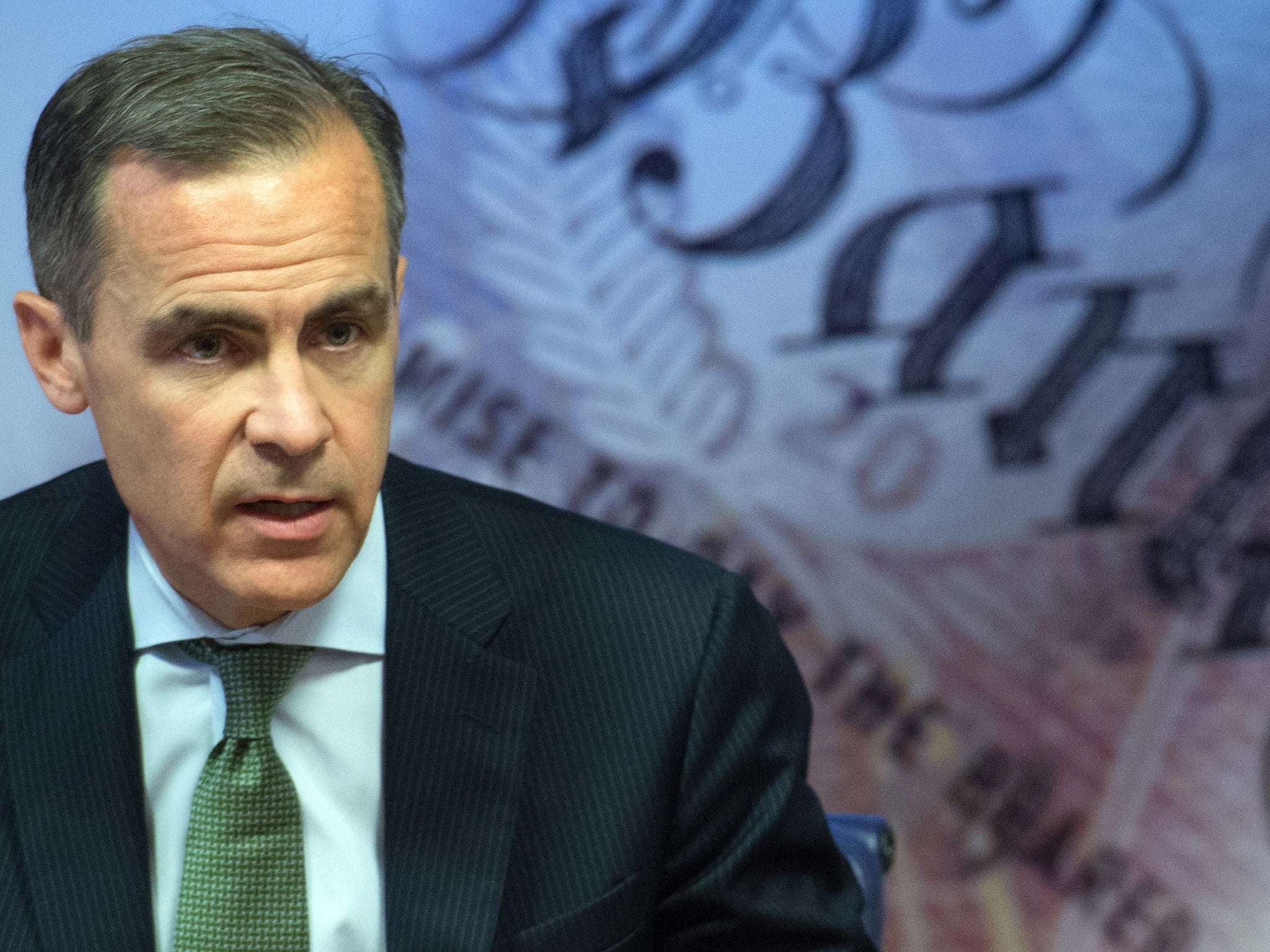Bank of England seeks to ease rate hike fears as the pound soars

City traders sent the pound soaring following a shock fall in unemployment and the first explicit signal from the Bank of England on how it would handle a hike in interest rates.
The fall in unemployment to 7.1 per cet in the quarter to November brings it to the brink of the Bank’s 7% threshold for considering rate hikes under the forward guidance regime introduced only last summer.
The figures — showing a far steeper fall than predicted by City economists — pushed the pound up to a year high of 1.2220 against the euro and up 0.7 cents to $1.6552, also triggering a sell-off in gilts as the UK’s 10-year cost of borrowing rose by five basis points to 2.88 per cent.
The FTSE 100 pulled back after approaching 14-year highs.
Minutes of the Monetary Policy Committee’s latest meeting acknowledged that unemployment would reach the threshold "materially earlier" than expected. They also stressed that — with inflation finally back to the 2 per cent target — there was no immediate need to raise interest rates if the threshold was breached.
But in a sign of a changing agenda as the economy’s recovery gets under way, the minutes also dropped hints on how Threadneedle Street would begin to pull away from the emergency policy settings which have been in place for almost five years.
They added: “It was likely the headwinds to growth associated with the aftermath of the financial crisis would persist for some time yet and that inflationary pressures would remain contained. Consequently when the time did come to raise Bank Rate, it would be appropriate to do so gradually.”
Investec chief economist Philip Shaw said: “This is the first time they have talked about the pace of interest rate rises. Guidance was designed to stay the debate over any interest rate increases, but it now seems to be having the opposite effect.”
James Knightley, UK economist with ING, said he was bringing forward his forecast of a first interest rate rise from the Bank from March 2015 to November this year.
The minutes came as financial data provider Markit’s latest survey revealed the share of households expecting the Bank to start raising rates within the next two years hit 84%, with 30% expecting a rise in the next six months.
UK public finances also improved in December as net borrowing fell to £12.1 billion compared to £14.2 billion a year earlier. For the nine months of the financial year so far borrowing is £96.1 billion, £4.8 billion down on last year.
Subscribe to Independent Premium to bookmark this article
Want to bookmark your favourite articles and stories to read or reference later? Start your Independent Premium subscription today.

Join our commenting forum
Join thought-provoking conversations, follow other Independent readers and see their replies